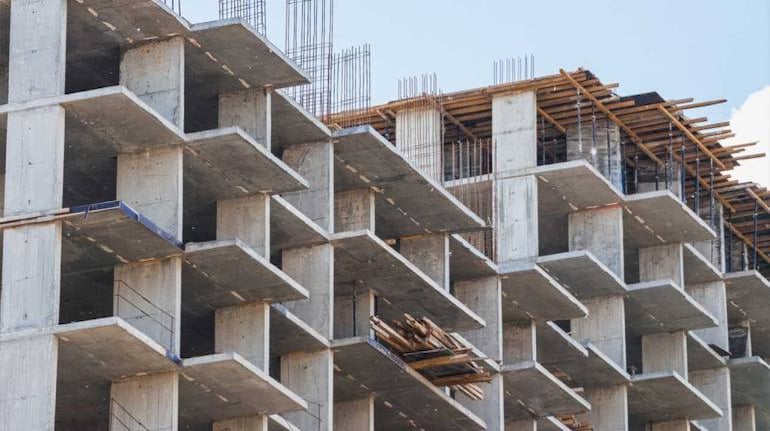



S Murlidharan
Homebuyers are a harried lot these days.
Just ask residents of Noida's Gardenia Gateway housing society. Over 200 families living there since 2015 were served bank notices to vacate their houses by August 20, after the developer, Gardenia India Ltd, failed to pay a loan of Rs 78.45 crore. Notices were sent by Union Bank of India on August 5 to the residents. The notice read that Gardenia India had taken the loan on December 31, 2015, and failed to make the repayment.
The enormity of the injustice and untold disruption meted out to the residents will be apparent if one notes the dates carefully -- the builder mortgages in December 2015 presumably after the possession was given to the homebuyers.
What had emboldened the builder perhaps is the fact that the buyers had not insisted on their properties being registered in their names before possession was given. Union Bank also seems to have been in a tearing hurry to give the loan without inquiring into the de facto ownership and possession of the collaterals. The builder seemingly may have borrowed for some other project and the buyers of Gardenia Gateway appear to have been the unwitting victims.
Homebuyers’ lot can improve considerably if states and Union Territories start emulating Tamil Nadu and Karnataka where registration of undivided share (UDS) of land is mandatory. UDS is simple and logical, one designed to protect the rights of multiple owners in the same parcel of land or a project.
Let us say there are six flats in a 4,500 square feet plot of identical sizes. Each flat owner owns 750 square feet (UDS) of land though admittedly he cannot assert his rights over this all by himself. In other words, unless all the six flat owners agree -- states can make regulations in this regard to provide for a lesser majority than unanimous -- it would not be possible to alienate the land.
Despite this seemingly truncated right, there is a lot to be said in its favour so much so that in Chennai for example where builders invariably ask for 50-75 percent advance (effectively making homebuyers the working capital financiers sans interest), buyers insist on registration of UDS as a precondition for payment of such advance. In other words, one’s property is registered at two stages -- UDS at the inception and the building when completed.
This salutary practice would halt rampaging builders in their tracks, besides compelling callous banks to take notice of the already existing rights of flat owners. Alas, if only homebuyers of Gardenia Gateway had not been as docile as they appear to have been. Even in the absence of UDS registration in Uttar Pradesh, they could have put their foot down and insisted that the builder register the flat in their names at the time of handover.
This is not to suggest that builders should not be allowed to take project finance from banks. It is possible for the builder to take project finance subject to UDS in favour of the would-be flat owners. But the home loan company of the buyer protects his interest by paying off the project financier first and paying only the balance to the builder.
To wit, suppose the total cost of flat including UDS is Rs 1.30 crore and the home loan component is Rs 1 crore. And the builder has given this upcoming flat as a collateral and taken pro rata project financial assistance to the tune of Rs 50 lakh. Then, the home loan company of the buyer would make out two drafts -- first for Rs 50 lakh in favour of the project financier and the second Rs 50 lakh for the builder. For good measure, it would ask for release of the mortgage of the flat so that the buyer’s name is registered in the space vacated by the project financier.
Policymakers would do well to protect the interests of homebuyers through preventive measures as discussed above. Protection under IBC (Insolvency and Bankruptcy Code), RERA (Real Estate Regulation and Development Act) and consumer protection law are cures. Commonplace though it might be, prevention is better than cure.
S Murlidharan is a chartered accountant and columnist. Views are personal.
Discover the latest Business News, Sensex, and Nifty updates. Obtain Personal Finance insights, tax queries, and expert opinions on Moneycontrol or download the Moneycontrol App to stay updated!
Find the best of Al News in one place, specially curated for you every weekend.
Stay on top of the latest tech trends and biggest startup news.